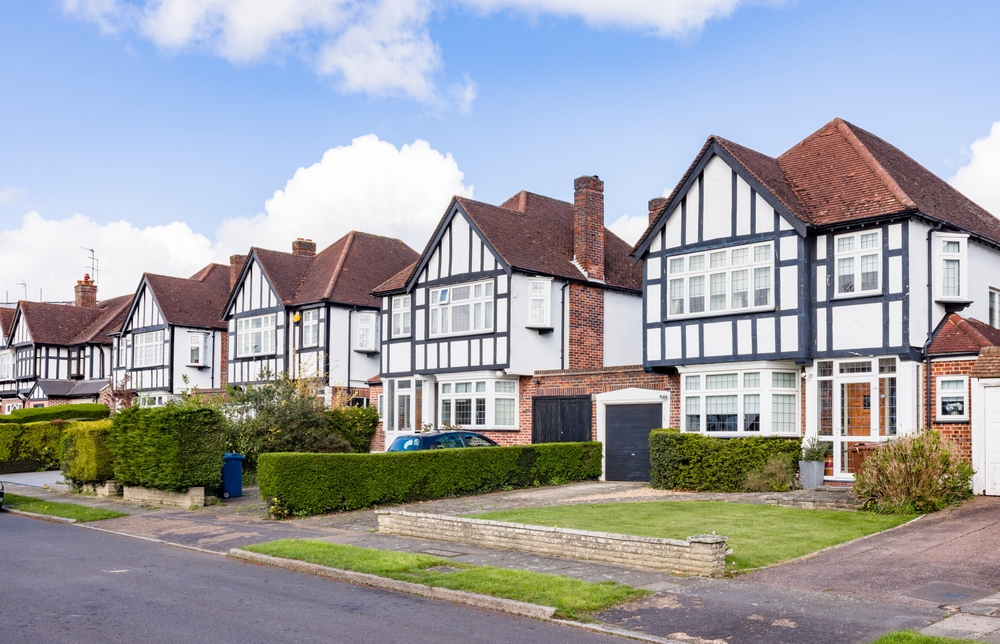If you’re the executor of a will, you will take on a lot of responsibilities as you work to settle the deceased’s estate. Your legal right to manage the deceased’s estate is known as probate. For more on what probate is, you can read our full guide to the probate process.
You will have additional responsibilities to consider if there is any property involved in the deceased’s estate. In this post, we’ll explain what your responsibilities are when it comes to paying Council Tax on an empty property after the death.
At Anthony Jones, we’re committed to helping you get the cover you need throughout the probate process, and beyond. For more information, get in touch with us, call us on 0208 8290 9086 or you can email the team direct at personal@anthonyjones.com.
Do You Have To Pay Council Tax on an Empty Property After Death?
If you’re the executor of a will, and you’re selling the property on behalf of the property owner after they’ve passed on, then you do not have to pay any Council Tax until after you get your grant of probate.
Once you have your grant of probate, you can apply for a six month Council Tax exemption. To qualify:
- The property must still be unoccupied
- The property must still be owned and in the name of the deceased
- The property must not be sold
Following the death, notify the local council, who should then arrange for your exemption. They could also advise on whether or not you can get a further exemption once you have your grant of probate.
Find your local council’s contact details.
What Does ‘Unoccupied’ Mean?
A property is considered unoccupied if nobody is currently living there. A property will be considered unoccupied after the owner passes away, unless they are survived by any family members who live in the same house.
The executor of the will may look to sell the property following the death. Alternatively, the deceased may leave the property to a beneficiary in their will.
In the latter case, the beneficiary will not be allowed to inhabit the property until the probate process is complete. This means that, regardless of what happens to the property afterwards, it will most likely be unoccupied for the duration of the probate process. This usually means that you can get a Council Tax exemption.
Read our guide to what’s considered an “unoccupied” property.
How Long Does the Council Tax Exemption Last?
Before probate is granted: Full exemption applies if the property is unoccupied and owned solely by the deceased.
After probate is granted: A further 6 month exemption may apply if you notify your council and the property remains unoccupied and unsold.
After 6 months: Council tax charges resume.
How to Protect Unoccupied Properties During Probate
The probate process can take months, and delays are common. This means that the deceased’s property could be left unoccupied for up to a year while the executor sorts everything out. During this time, the property may be at risk of:
- Theft or vandalism
- Water damage or fire
- Structural issues
This poses a problem: Most home insurance properties only cover occupied properties. If the property will be unoccupied for an extended period, then the home insurance policy may soon stop providing you with the cover you need.
There are steps you can take to keep an unoccupied property safe but for total peace of mind, you should get dedicated probate home insurance, to cover the property for as long as it takes to complete probate.
Get Dedicated Probate Home Insurance From Anthony Jones
At Anthony Jones, we’re committed to helping you get the cover you need throughout the probate process, and beyond. For more information, get in touch with us, call us on 0208 8290 9086 or you can email the team direct at personal@anthonyjones.com.


